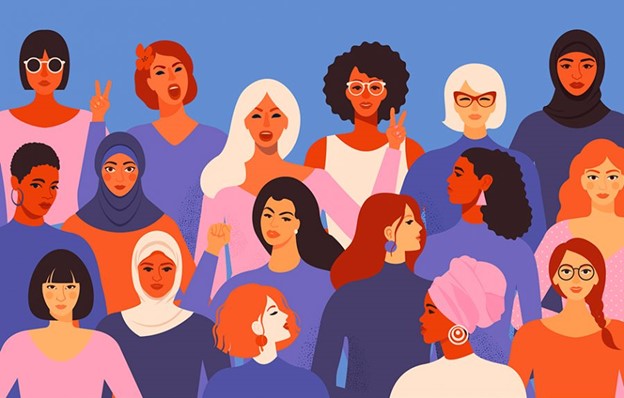Nevertheless, She Persisted: A Case for Progress-Oriented Gratitude
“When men are oppressed, it’s a tragedy. When women are oppressed, it’s tradition.”
― Letty Cottin Pogrebin, Deborah, Golda, and Me: Being Female and Jewish in America
March is Women’s History Month, and in both of my classes, themes of feminism and women’s rights have woven their way into class discussions. In my Jewish ethics course, my elementary school students ask questions ranging from the gender of G-D to why traditional Jewish literature (written BCE) quotes so many men and so few women. These questions are mirrored by comments from the overgrads in my Intergenerational Ethics course who mention how in their lifetime alone the role that women play in America has drastically shifted in favor of gender equality. The richness of ensuring dialogue highlights the depth of my students’ introspection.
On Sunday evenings, after I finish teaching these two courses, I often find myself deeply reflecting on the themes that students bring up. Recently, I have pondered the role that gratitude should play in conversations regarding ethics. For example, should I be grateful for the progress that has been made regarding gender equality, or should I expend my energy on criticizing and ameliorating gaps in gender equality that persist today? To put it in the context of class, should I celebrate the progress that my overgrad students speak about, or should I guide class discussion to focus on how presently female voices still trail behind their male counterparts in Jewish scholarship (although this gap is rapidly closing)?
To find answers to my questions, I remind myself of the humility with which I must broach this subject, given my youth and identity as a man. Since I began this fellowship, I have been constantly reminded of how the relationship between students and teachers is bidirectional. Teachers often hold answers to students’ questions, and students often told answers to teachers’ questions. I pay close attention to my students’ comments during the next classes, deeply listening for potential answers to my question.
Finally, my eagerness overpowered my patience, and I asked my question to my students. Their response and the discussion that ensued has completely shifted my perspective on balancing historical progress with contemporary inequality. While the conversation was nuanced, I want to share with you the conclusion the classes reached:
Intergenerational gratitude is key, and that gratitude need not come at the expense of contemporary progress. It is possible to be simultaneously deeply grateful and hopeful, and at the intersection of these two emotions lies the keys to progress-oriented gratitude and creating a brighter future.
There is a very fine line that needs to be walked when implementing teaching pedagogy that upholds progress-oriented gratitude and the legitimacy of my diverse students’ lived experiences. I am still learning best practice for creating such a classroom environment, and I look forward to further developing a greater sense of progress-oriented gratitude within myself and my students. I remain grateful for the opportunity to teach, and I am excited for what I will continue to learn from my students and what my students will learn from each other.

